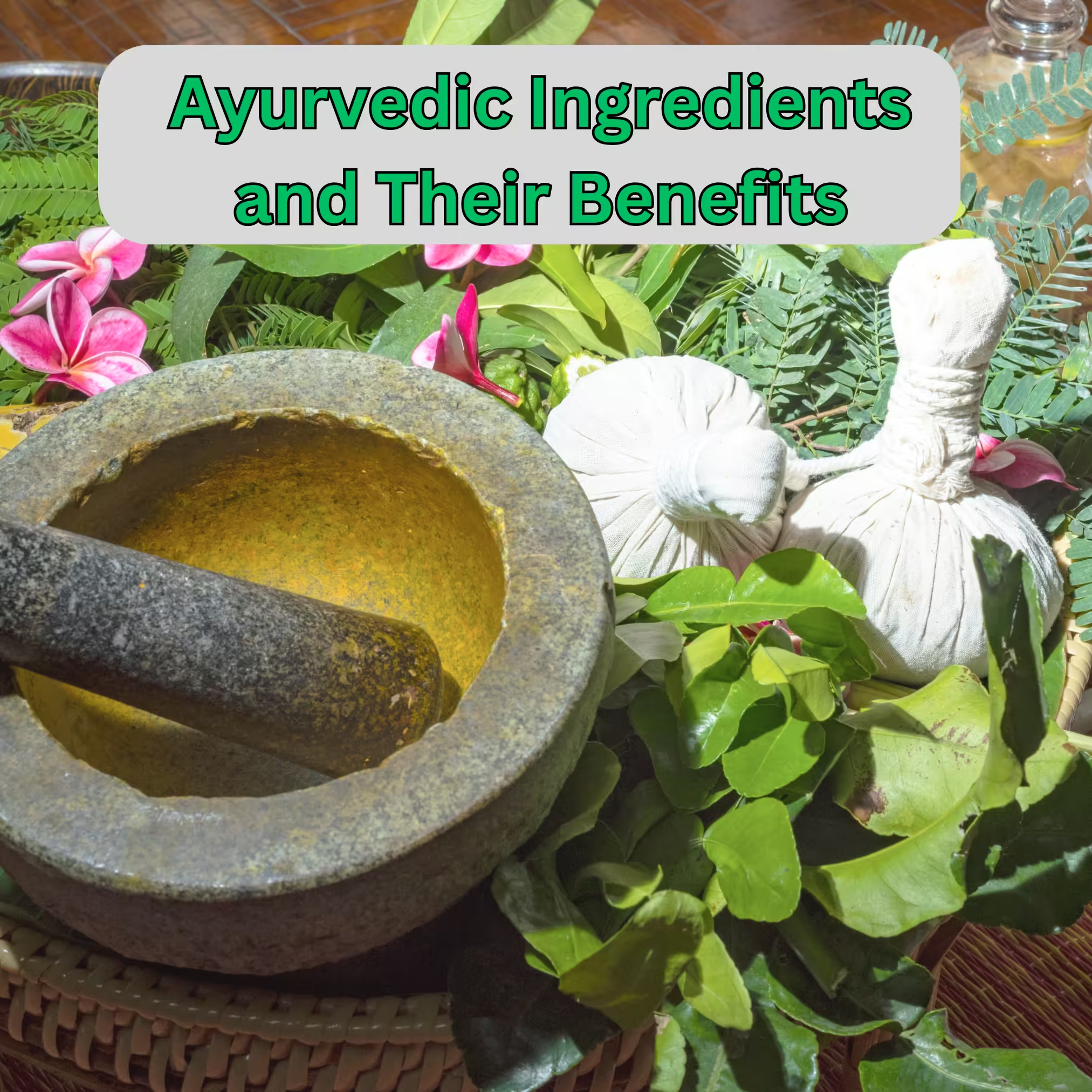A kidney stone is a hard deposit made of crystals that form in the kidneys. These stone-like structures can vary in size, ranging from tiny grains to larger objects. They develop when substances like calcium, oxalate, and phosphorus, found in urine, become concentrated and solidify. Kidney stones can cause severe pain as they move through the urinary tract, and in some cases, may lead to urinary tract infections or kidney damage if left untreated. Preventive measures include maintaining a balanced diet, staying hydrated, and managing underlying health conditions.
In Ayurveda, kidney stones are considered to be a result of an imbalance in the three doshas – Vata, Pitta, and Kapha. The formation of stones is primarily due to an accumulation of toxins (Ama) in the body, which obstruct the natural flow of urine and lead to the formation of crystals. These crystals eventually develop into stones. From an Ayurvedic perspective, the management of kidney stones involves a holistic approach that focuses on diet, lifestyle modifications, herbal remedies, and detoxification therapies. The main objectives are to dissolve the stones, prevent further stone formation, and promote overall kidney health.
Dietary Changes: Ayurveda emphasizes a balanced diet that is rich in fiber, low in salt, and avoids high-oxalate foods. Consuming a diet that is suitable for one’s specific constitution (Prakriti) and current imbalance is crucial. Drinking plenty of water is essential to promote urinary tract health and facilitate the passage of stones.
Herbal Remedies: Certain herbs are believed to help dissolve kidney stones and promote kidney health. Examples include Punarnava (Boerhaavia diffusa), Varun (Crataeva nurvala), and Gokshura (Tribulus terrestris). These herbs are usually administered in the form of supplements, decoctions, or infusions, and their usage should be guided by an Ayurvedic practitioner.
Home Remedies: Some home remedies are suggested to help dissolve kidney stones and provide relief. These include drinking a mixture of lemon juice and water or apple cider vinegar diluted in water, which can increase citrate levels in urine and prevent stone formation. Consuming basil (Tulsi) leaves and water boiled together can also be beneficial.
Panchakarma Therapies: Panchakarma is a set of detoxification procedures in Ayurveda that aim to eliminate toxins from the body. For kidney stones, therapies like Vasti (enema) and Nasya (nasal administration of medicinal oils) may be suggested to flush out toxins and facilitate the removal of stones.
Lifestyle Modifications: Regular exercise, stress management, and maintaining a healthy weight can contribute to overall kidney health and prevent stone formation. Ayurveda also recommends practicing yoga.

Types of Kidney Stone
There are four main types of kidney stones, based on their composition:
Calcium Stones (Calcium Oxalate and Calcium Phosphate): These are the most common type of kidney stones, accounting for about 80% of all cases. Calcium stones form when there is an imbalance in the levels of calcium, oxalate, and phosphorus in the urine. High levels of calcium in the urine can be caused by various factors, including a diet high in calcium, vitamin D supplements, or certain medical conditions like hyperparathyroidism.
Struvite Stones (Magnesium Ammonium Phosphate): Struvite stones are less common but can grow quite large and cause significant damage to the kidneys. They often develop due to urinary tract infections, particularly those caused by bacteria like Proteus, Klebsiella, or Pseudomonas. Struvite stones can form rapidly and may require urgent medical attention.
Uric Acid Stones: These stones form when urine is too acidic, allowing uric acid to crystallize and stick together. High levels of uric acid in the urine can be caused by a diet high in purines (found in red meat, seafood, and some vegetables), or underlying medical conditions like gout, diabetes, or metabolic disorders.
Cystine Stones: Cystine stones are the rarest type of kidney stones, affecting only about 1% of stone formers. They are caused by a hereditary disorder called cystinuria, where the kidneys cannot effectively reabsorb cystine, leading to its excretion in the urine and eventual stone formation.
Ayurvedic Remedies for Kidney Stone
In Ayurveda, managing kidney stones involves a holistic approach that focuses on diet, lifestyle modifications, herbal remedies, and detoxification therapies. Here are some Ayurvedic remedies for kidney stones:
Punarnava (Boerhaavia diffusa): Punarnava is considered a potent diuretic and helps in dissolving kidney stones. It also has anti-inflammatory properties, which can help alleviate pain associated with kidney stones. You can consume Punarnava in the form of supplements, decoctions, or infusions. Consult an Ayurvedic practitioner for the appropriate dosage and preparation.
Varun (Crataeva nurvala): Varun is another herb used in Ayurveda for treating kidney stones. It is believed to help dissolve stones and prevent further formation. You can consume Varun in the form of supplements, decoctions, or infusions. Again, consult an Ayurvedic practitioner for the correct dosage and preparation.
Gokshura (Tribulus terrestris): Gokshura is an Ayurvedic herb that is believed to have diuretic, analgesic, and anti-inflammatory properties. It is thought to help in the dissolution of kidney stones and prevent further formation. Gokshura can be consumed in the form of supplements, decoctions, or infusions. Consult an Ayurvedic practitioner for the appropriate dosage and preparation.
Home Remedies: Some home remedies suggested in Ayurveda for kidney stones include:
a. Drinking a mixture of lemon juice and water: Lemon juice contains citrate, which can help prevent kidney stone formation by increasing citrate levels in urine. Mix the juice of one lemon in a glass of water and drink it daily.
b. Drinking apple cider vinegar diluted in water: Apple cider vinegar may help in dissolving kidney stones by increasing the pH of urine and promoting stone passage. Mix 1-2 tablespoons of apple cider vinegar in a glass of water and drink it daily.
c. Consuming basil (Tulsi) leaves and water: Boil a handful of Tulsi leaves in water and strain the mixture. Drink this water throughout the day to help in kidney stone management. Panchakarma Therapies: Panchakarma is a set of detoxification procedures in Ayurveda that aim to eliminate toxins.
Ayurvedic Remedies for Kidney Stone
In Ayurveda, managing kidney stones involves a holistic approach that focuses on diet, lifestyle modifications, herbal remedies, and detoxification therapies. Here are some Ayurvedic remedies for kidney stones:
Punarnava (Boerhaavia diffusa): Punarnava is considered a potent diuretic and helps in dissolving kidney stones. It also has anti-inflammatory properties, which can help alleviate pain associated with kidney stones. You can consume Punarnava in the form of supplements, decoctions, or infusions. Consult an Ayurvedic practitioner for the appropriate dosage and preparation.
Varun (Crataeva nurvala): Varun is another herb used in Ayurveda for treating kidney stones. It is believed to help dissolve stones and prevent further formation. You can consume Varun in the form of supplements, decoctions, or infusions. Again, consult an Ayurvedic practitioner for the correct dosage and preparation.
Gokshura (Tribulus terrestris): Gokshura is an Ayurvedic herb that is believed to have diuretic, analgesic, and anti-inflammatory properties. It is thought to help in the dissolution of kidney stones and prevent further formation. Gokshura can be consumed in the form of supplements, decoctions, or infusions. Consult an Ayurvedic practitioner for the appropriate dosage and preparation.
Home Remedies: Some home remedies suggested in Ayurveda for kidney stones include:
a. Drinking a mixture of lemon juice and water: Lemon juice contains citrate, which can help prevent kidney stone formation by increasing citrate levels in urine. Mix the juice of one lemon in a glass of water and drink it daily.
b. Drinking apple cider vinegar diluted in water: Apple cider vinegar may help in dissolving kidney stones by increasing the pH of urine and promoting stone passage. Mix 1-2 tablespoons of apple cider vinegar in a glass of water and drink it daily.
c. Consuming basil (Tulsi) leaves and water: Boil a handful of Tulsi leaves in water and strain the mixture. Drink this water throughout the day to help in kidney stone management. Panchakarma Therapies: Panchakarma is a set of detoxification procedures in Ayurveda that aim to eliminate toxins.







